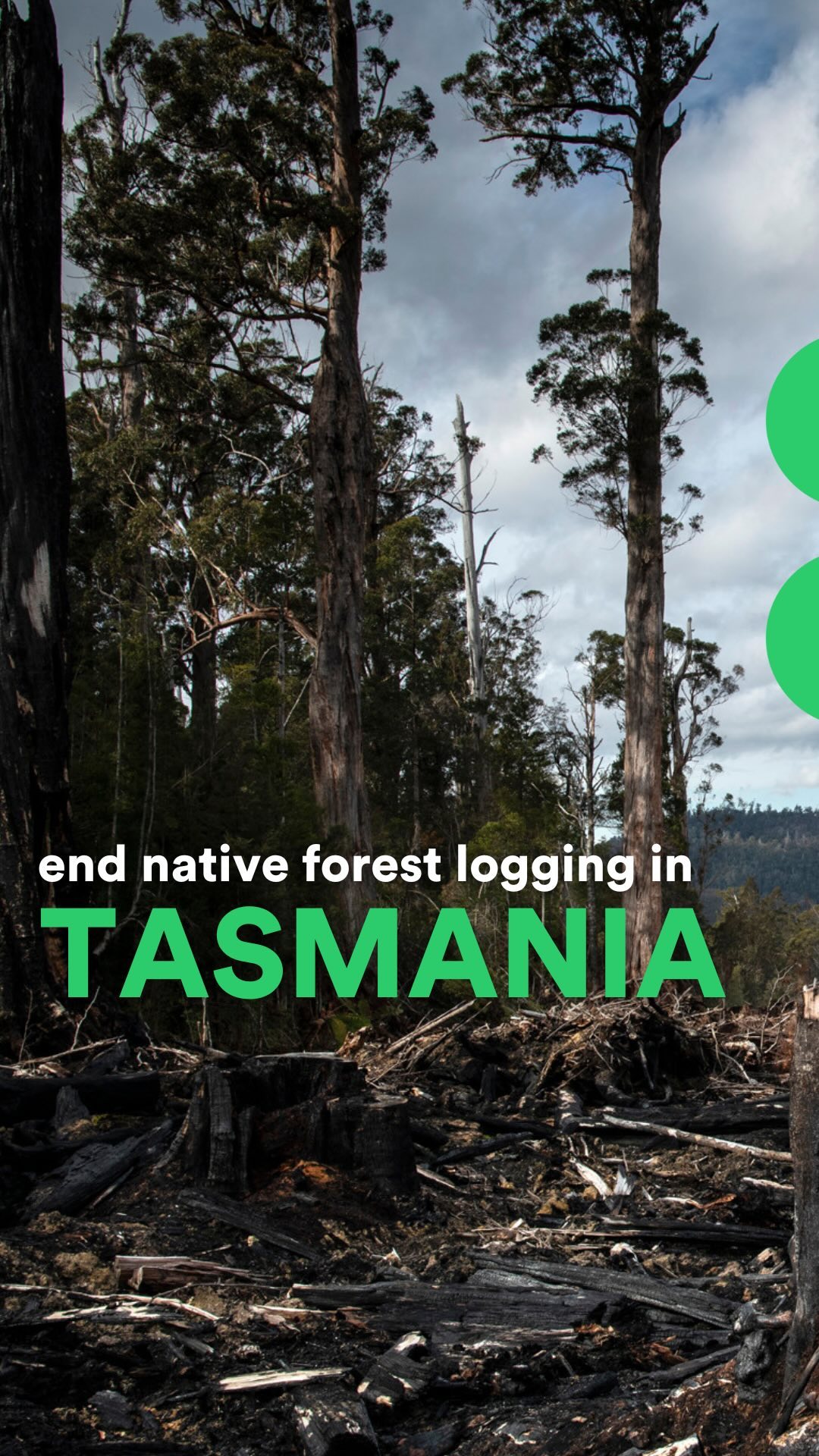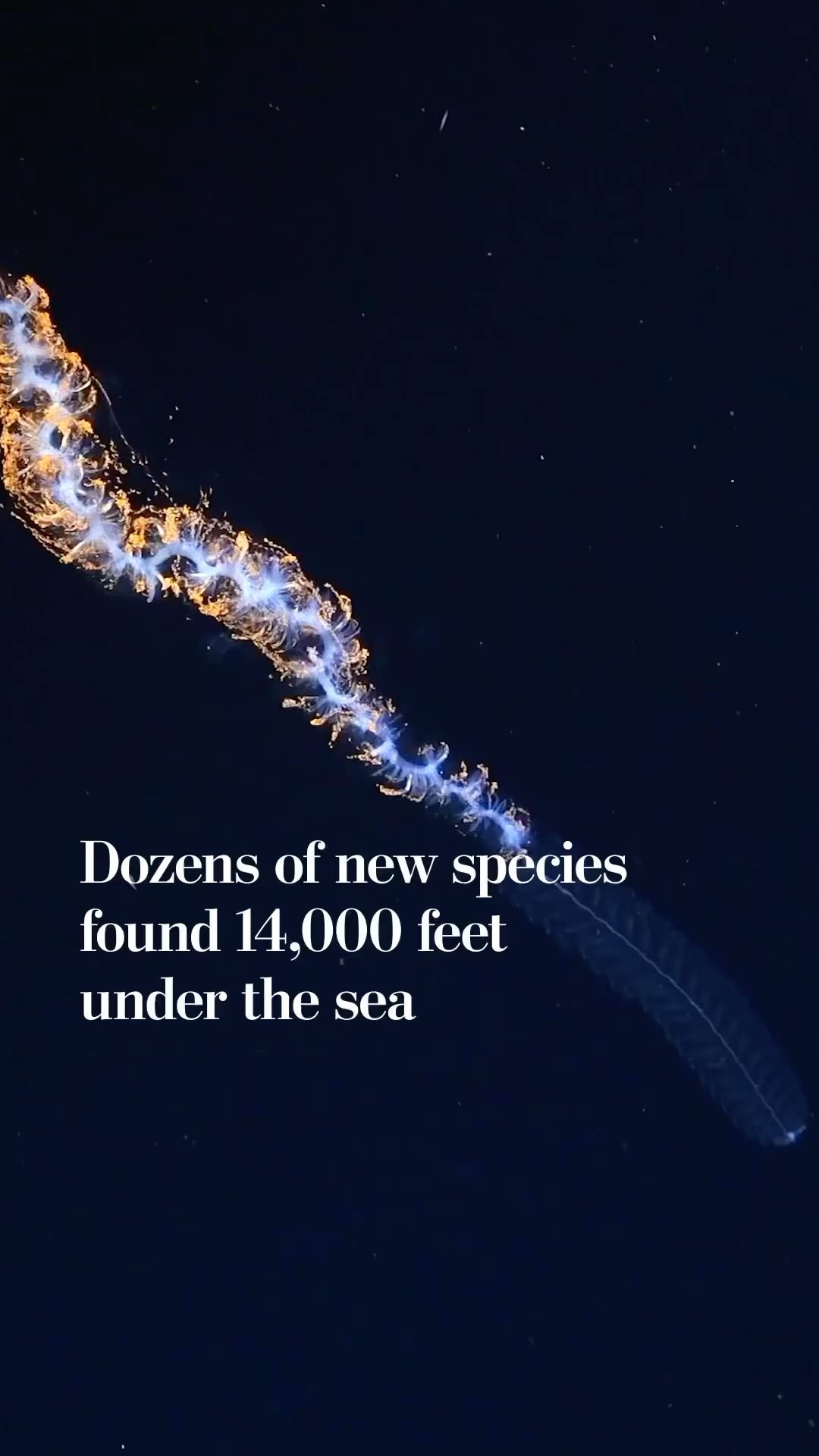Instagram Leonardo DiCaprio
Healthy coral reefs are kaleidoscopic underwater worlds that are vital to the survival of no less than 25% of all species in the ocean. But these colorful habitats are changing fast as the impacts of climate change, overfishing and pollution jeopardize their continued existence.As island communities around the world suffer some of the worst effects of biodiversity loss and climate change, @islandconservation, @rewild, and @scripps_ocean have launched the 2030 Island-Ocean Connection Challenge. By focusing on the links between land and sea ecosystems, this work can maximize the co-benefits of island conservation for their surrounding marine ecosystems, including coral reefs, seagrass meadows, mangroves, and others. #EarthDay2024Cover image credit: @robindmoore
04/19/2024 01:03
Mangroves are the only trees in the world that can grow in saltwater, and they play a vital role in the fight against climate change. Mangroves can survive these harsh growing conditions by filtering about 90% of the salt found in seawater as it enters their roots, and some can even excrete it out through glands in their leaves. Healthy mangroves act as natural buffers, shielding coastal communities during extreme weather events. To sustain biodiversity, mitigate the climate crisis, and protect coastal communities from storms, @rewild partner @bahamasnationaltrust is leading efforts to restore mangroves that were ravaged by hurricanes. With support from students, fishers, and community members, the mangroves are beginning to recover. #EarthDay2024Cover image credit: @robindmoore
04/17/2024 01:08
Repost from @postclimate •Citizen contributions provided new information on 10 of 17 seahorse species and helped update knowledge about the geographic distribution of nine species, researchers found. Some of the observations even helped scientists better understand when and how seahorses breed.The iSeahorse project asks the public to record seahorse sightings and observe the animals’ behavior.“Seahorses are very much the sort of fascinating species that benefit from community science, as they are cryptic enough to make even formal research challenging,” said Heather Koldewey, the project’s co-founder.Read more by visiting the link in our bio.
04/12/2024 06:54
Local communities celebrate the creation of a new protected area in the Colombian Chocó. Although the project aimed originally to protect over 12,000 acres, the outpour of local support increased the Central Rainforest Las Siete Sabias to over 75,000 acres of protected rainforest ecosystem.This newly designated natural and cultural jewel is located in the collective territory of Afro-Colombian communities, providing vital resources like clean drinking water to over 100,000 individuals.Las Siete Sabias boasts some of the highest biodiversity on the planet and protects 90 species of plants and over 470 species of animals. The forest canopy can tower over 100 feet, creating multiple layers of habitat for these species to thrive.The declaration of the DRMI Central Rain Forest Las Siete Sabias- Esperanza de Vida was made possible thanks to the coordination of @codechococar as the environmental authority, the implementation of CORPARIEN and COCOMACIA, the technical support of the @instituto_humboldt and the financial support of @naturecultureinternational, @andesamazonfund, and Art into Acres in partnership with @rewild.Since 2019, the painting “Japanese Garden 3” by Los Angeles-based artist Jonas Wood supported the creation of this new protected area, and three other sites. Thank you to artists @jonasbrwood and @kusakashio for their key support in biodiversity conservation. #ArtIntoAcresPhoto/video credit: @naturalezaculturainternacional
03/29/2024 05:31
One out of seven deep-sea sharks and rays are threatened with extinction, according to a new study supported by @sharkconservationfund.Due to their long lifespans and slow reproduction rates, deep-sea sharks and rays are increasingly threatened by the marine hunting industry. Targeted for their meat and liver oil, deep-sea sharks require immediate conservation attention.My organization, @rewild, is proud to work directly with the Shark Conservation Fund in their call to increase deep-sea fishing regulations that are essential to safeguarding these threatened species. Together, we are all committed to ensuring sharks can continue to play their pivotal role in the health of our ocean ecosystems. Visit the link in bio to learn more.Photo credit: @greg_amptman (Bluntnose Sixgill Shark and Broadnose Sevengill Shark)
03/24/2024 10:38
The native forests of Tasmania are one of the only places on Earth where trees naturally tower over 280 feet (90 meters) tall. These old growth giants have been logged for decades, resulting in many forest species, including the Critically Endangered Swift Parrot, being pushed to the brink of extinction.My organization, @rewild, @bobbrownfoundation and their partners continue to highlight the need for the Australian government to uphold their zero-extinction commitment, in part by ending native forest logging across mainland Australia and Tasmania.Visit the link in bio to help protect our planet’s last giant forests. Sign the petition to encourage the Australian government to end native forest logging across mainland Australia and Tasmania.Credits: @thegiantsfilm (cover image, Matt Newton)#EndNativeForestLogging #TheForestPledge #SaveSwifties
03/21/2024 07:49
Our planet’s last remaining ‘giants’ are in danger. The native forests of Tasmania are one of the only places on Earth where trees naturally tower over 280 feet tall.These giants have been logged for decades, resulting in many forest species, including the Critically Endangered Swift Parrot, being pushed to the brink of extinction. For the past 20 years, the logging industry in Tasmania has relied heavily on taxpayer-funded subsidies to remain profitable. The Tasmanian government, for the first time since 2011, has announced an increase in the amount of native forest available for logging, despite 75% of Australians calling for an end to native forest logging altogether.Mainland Australia and Tasmania have one of the worst wildlife extinction rates in the world, partly driven by habitat destruction. My organization, @rewild, and their partners continue to encourage the Australian government to uphold their zero extinction commitment in part by ending native forest logging across mainland Australia and Tasmania. Learn more by visiting the link in bio.@bobbrownfoundation #EndNativeForestLogging #TheForestPledge #SaveSwiftiesPhoto credit: Rob Blakers
03/18/2024 08:34
Repost from @badriverfilm .BAD RIVER is a film that documents the Wisconsin-based Bad River Band’s ongoing fight to protect Lake Superior. Narrated by @quannah.rose and @edwardnortonofficial, it details the threat the Bad River Reservation faces as a 70 year-old pipeline that is at imminent risk of rupture runs through its lands. #BadRiverFilm will be showing in select theaters from March 15-20. Visit the link in bio to learn more.
03/15/2024 03:42
Repost from @postclimate •Deep-sea explorers searching below the waves off the coast of Chile may have found more than 100 species completely new to science in January and February. Link in bio to learn more.
03/08/2024 07:48















